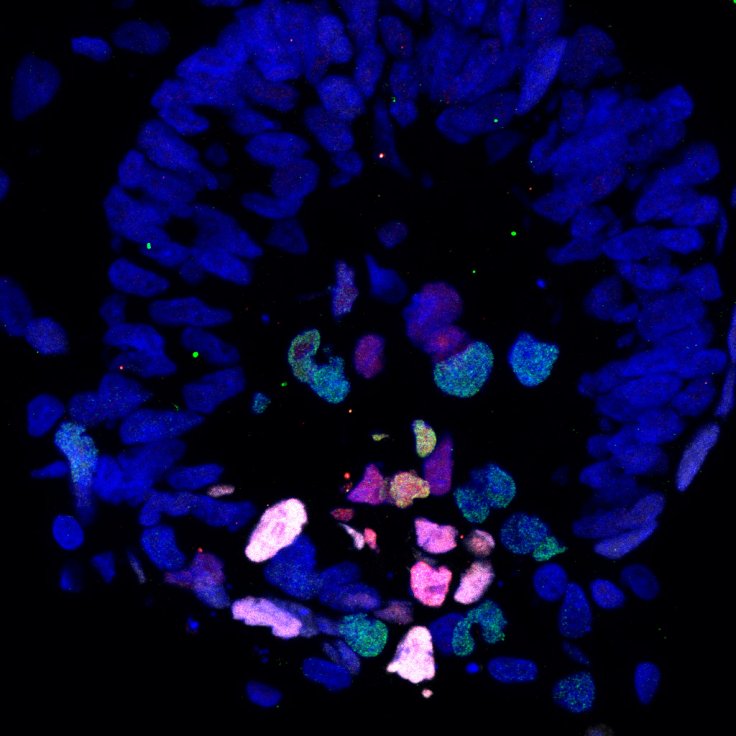
A team of scientists in China and the United States has now devised a technique that would enable primate embryos to grow in the laboratory longer than before. It would help the researchers to get molecular details of important developmental processes for the first time. The research study on nonhuman primate cells that could give some clues on human development.
Published in Science, the study gives an important insight into embryonic development and can enable scientific approaches to develop advanced regenerative medicine among humans.
"Our study provides a first look into this black box of early development," said co-corresponding author and a professor in Salk's Gene Expression Laboratory. "We can now observe how cells progress through each embryonic stage and what factors they need to develop, which will aid in creating better options for the generation of a variety of cells and tissues."
An early development called gastrulation takes place when a growing embryo becomes a multilayered structure, called the gastrula, from which various tissues and organs are derived.
"To understand the cellular and molecular mechanisms underlying primate gastrulation, we began monkey embryo culture experiments in China three years ago. Because of the team's long-standing expertise on the systematic study of nonhuman primates and well-established reproductive research systems, such as an in-vitro fertilization platform, we succeeded in achieving our goals. This can help to shed light on previously unknown aspects of human post-implantation development." said Weizhi Ji, co-corresponding author, professor and dean of the Institute of Primate Translational Medicine of Kunming University of Science and Technology, in China.
Scientists studied an earlier embryo culture protocol to enable an early primate embryo to develop in laboratory conditions for 20 days. Previously, they had been able to maintain cultured primate embryos only before the second week of gestation.
"These results illuminate some of the regulation networks and signaling pathways that are crucial to development in primates," said Izpisua Belmonte. "This system provides a foundation and resource for developing better strategies to examine early primate development in both health and disease, in the laboratory."









